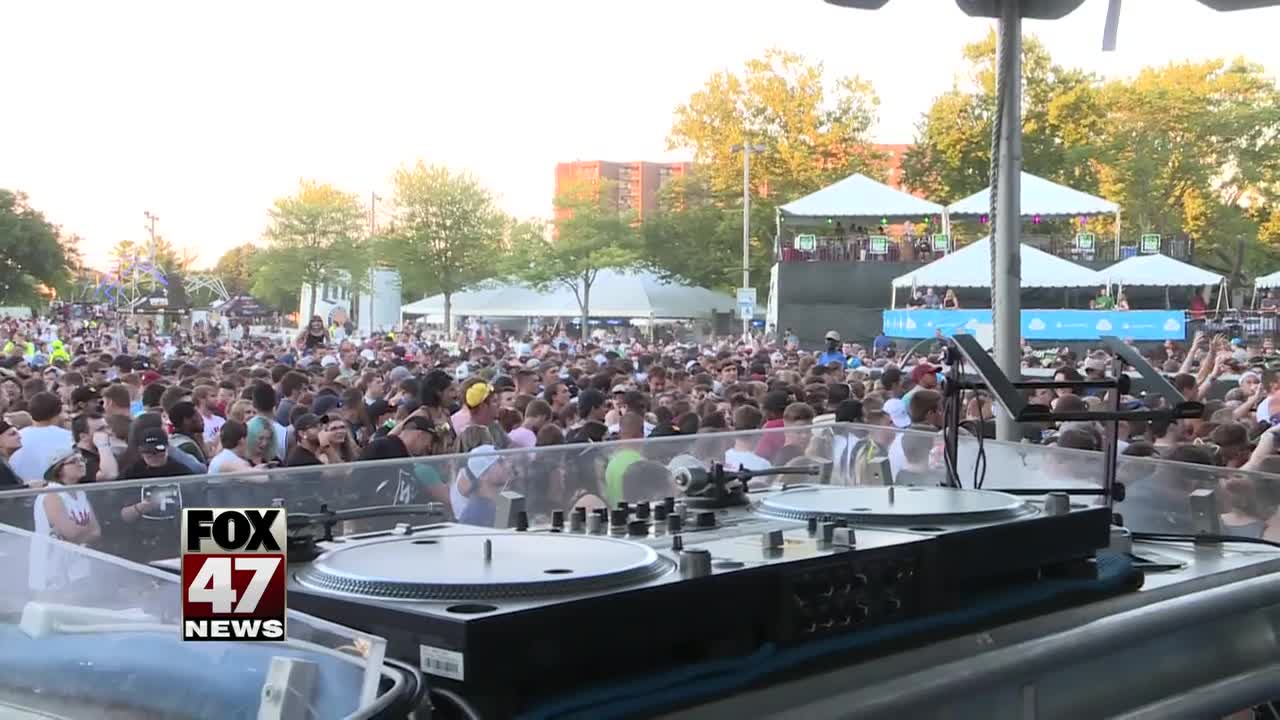The Lansing city auditor has just wrapped up his findings on the annual Common Ground Music Festival. For years, the festival has been losing money.
The auditor's report suggests big changes, since taxpayers end up footing part of the bill for the annual summer event.
The 11-page report details what's working and what's not. It specifically is reviewing the festival between 2014 to 2016.
The festival was created in 2000 at the end of MichiganFest. It is subsidized, in part, by the city of Lansing. And each year, costs for the festival continue to rise.
"When the festival started in the market, there was very little competition," said Scott Keith, President of the Lansing Entertainment and Public Facilities Authority, or LEPFA. "Soaring Eagle did not have an outdoor stage and the Michigan International Speedway did not have Faster Horses."
The city bankrolls LEPFA, which also runs the City Market, Cooley Law School Stadium, The Lansing Center, and the Groesbeck golf course.
A separate agency, known as Center Park Productions, works with MIEntertainment to put on the festival.
In a new report from auditor Eric Brewer, he recommends the festival makes changes.
In one such change, he recommends organizers need to find more ways to get money from sponsors, and donors, to help make the festival break even.
2016 was the festival's worst year, when it lost nearly $500,000.
"(That) was mostly weather-related," said Keith. "Which is the biggest challenge we face in an outdoor festival. We had two nights, one where we evacuated and it was our most expensive artist, Tim McGraw."
The audit also suggests finding cheaper acts. But Keith said that's easier said than done.
"Artist fees have grown between 400 and 500 percent over the last ten years. Artists used to tour for a much smaller amount because they were selling albums. Now, they put out downloads and sell tours."
Another issue, the audit shows, is that Lansing is not considered a "bucket list" market, meaning most artists do not have the city as a "must do" in their career.
In addition, there's the daily cost with putting the event on.
"It costs about $140,000, per night, to put on the event," Keith said. "That's staging, sound lights, labor, everything across the board."
The report suggests Common Ground brings in anywhere between $3.5 million and $4.5 million to the greater Lansing area. That includes things like hotels, restaurants, and for the 200 or so jobs created the weeks leading up to, and the actual event itself.
For now, the city is not making any changes to the festival or how it's paid for. Council members are expected to review it again during a meeting in September.



